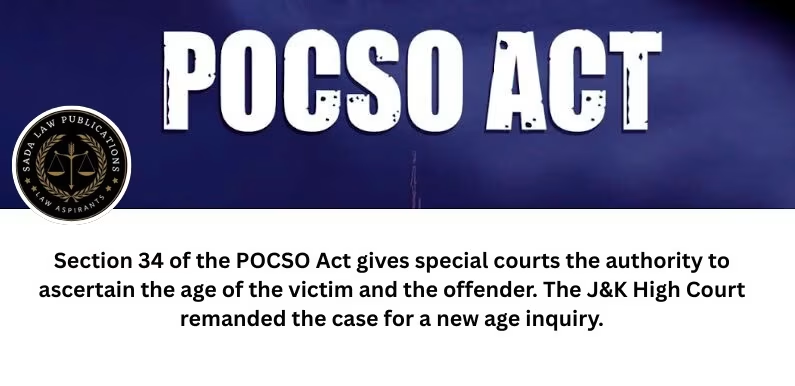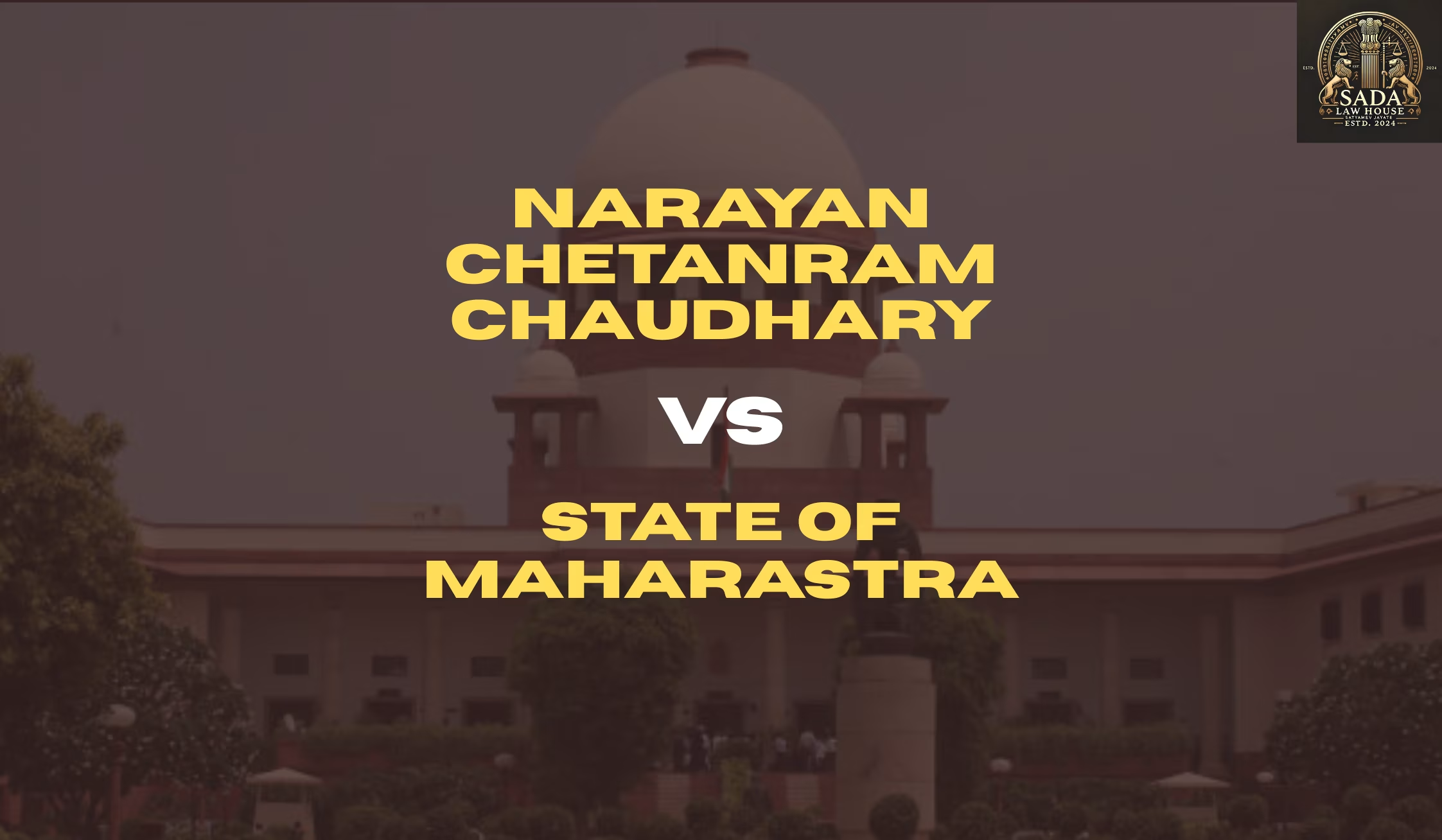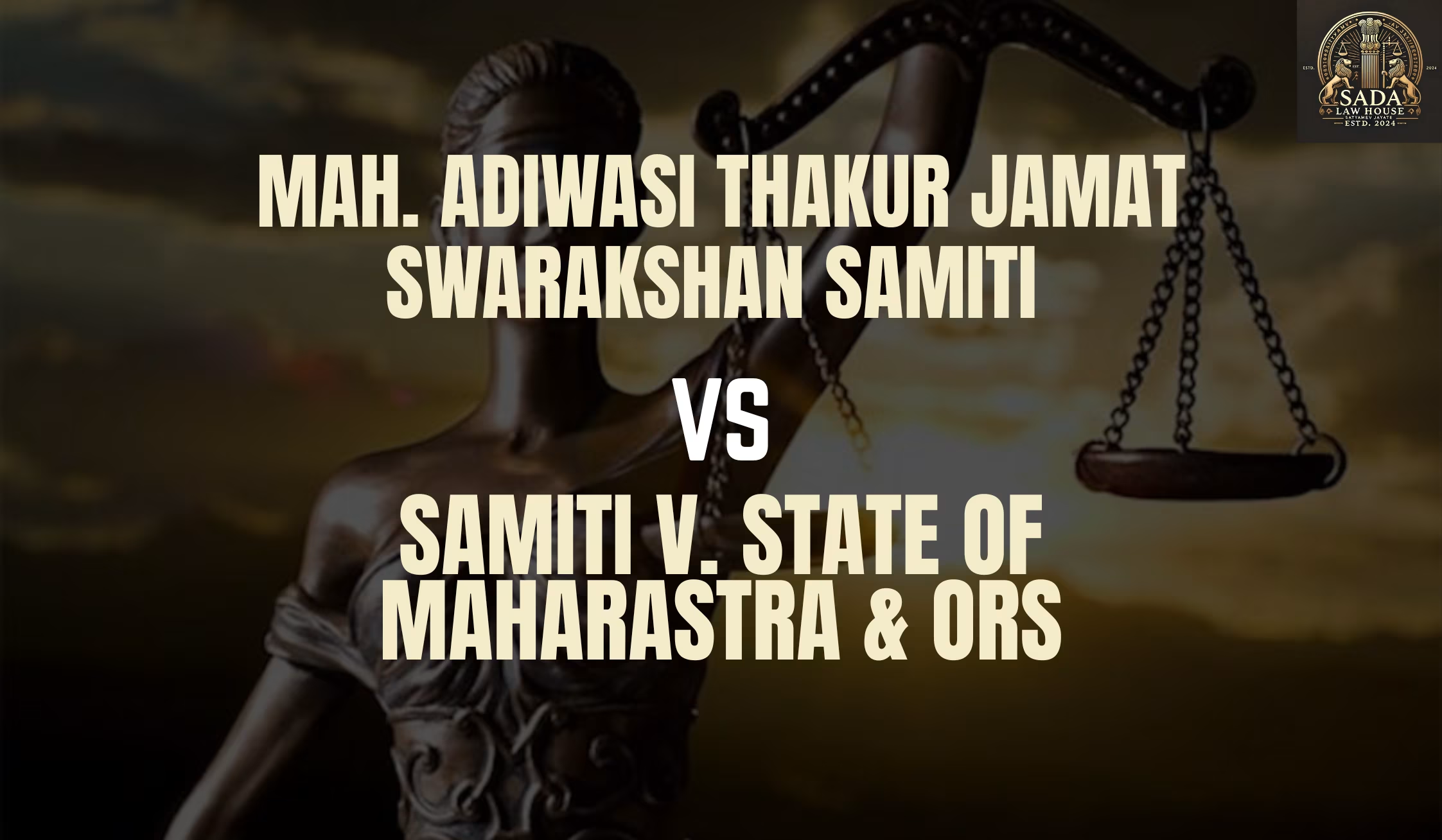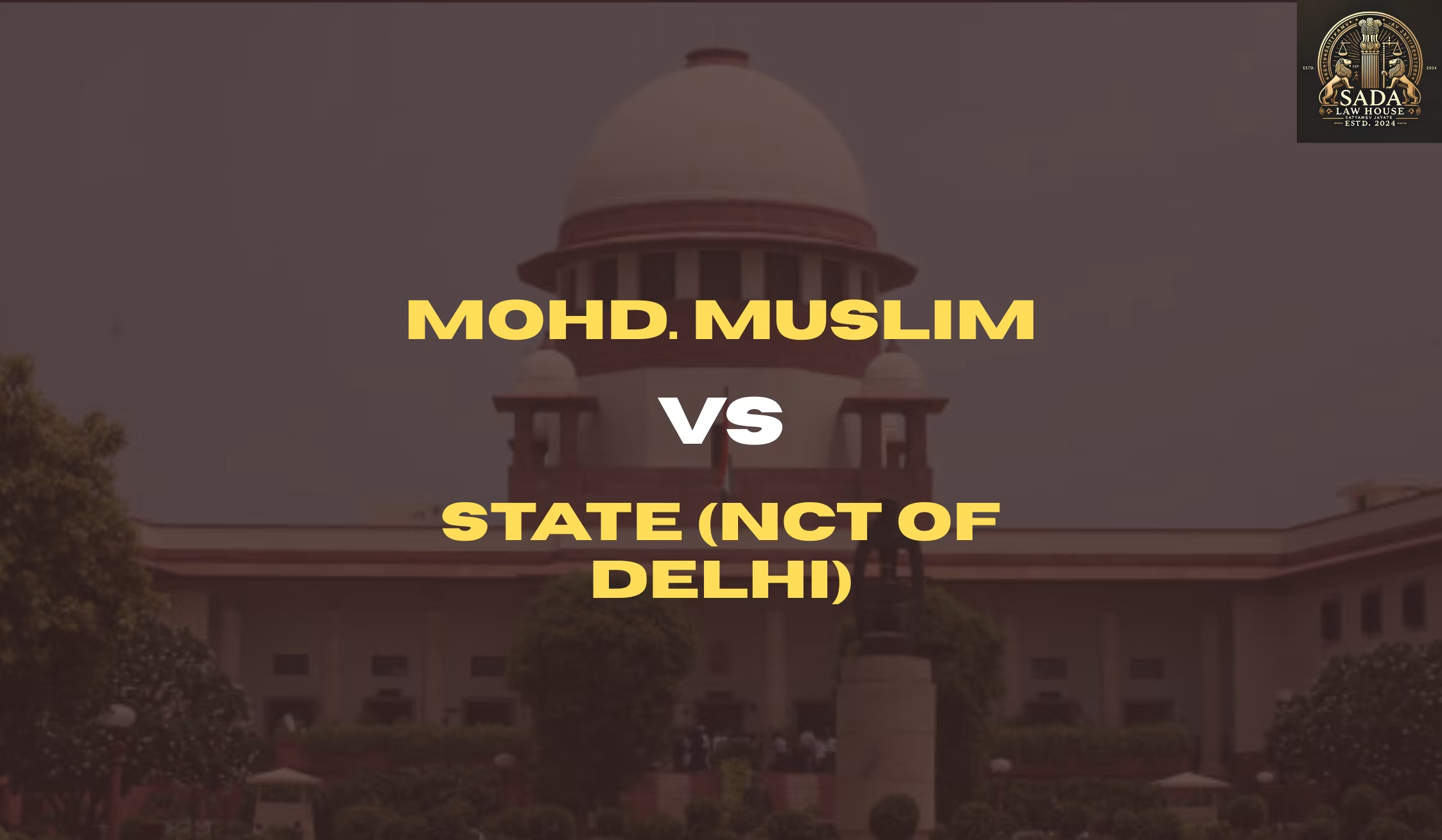Tsewang Thinles vs UT of Ladakh: High Court Clarifies Special Court’s Power to Determine Victim’s Age Under POCSO Act
- MAHI SINHA
- 26 Apr 2025

Explore how the Jammu & Kashmir and Ladakh High Court clarified the authority of Special Courts under the POCSO Act in the Tsewang Thinles case, focusing on the determination of a victim’s age during sexual assault proceedings.
Introduction
In a significant ruling, the Jammu and Kashmir and Ladakh High Court has reinforced the authority of Special Courts under the Protection of Children from Sexual Offences Act (POCSO) to determine not only the accused’s age but also the victim’s. The judgment, delivered by Justice Sanjay Dhar, reshaped the course of proceedings in the controversial Tsewang Thinles vs UT of Ladakh case.
Background of the Case
In 2019, a young woman filed a formal complaint against Tsewang Thinles, the President of the Ladakh Buddhist Association (LBA). She accused him of sexually assaulting her multiple times at various locations, including her home and Thinles’ workplace. The victim, caring for her ill mother at the time, was allegedly exploited due to her vulnerable condition.
The complaint led to charges under Sections 9(l)/10 of the POCSO Act and Sections 354, 354-A of the Ranbir Penal Code (RPC). Thinles initially evaded investigation, prompting the issuance of general warrants. Although he secured anticipatory bail, it was later revoked when the trial court found, based on a school certificate, that the prosecutrix was under 18 years old at the time of the incidents.
Key Legal Issues: Dispute Over Victim’s Age
Thinles challenged the trial court’s finding, arguing that a 2005 police charge sheet incorrectly recorded the prosecutrix’s age, indicating she was actually born in 2000, not 2002. He sought bail and contested the age determination based on this earlier record.
Justice Dhar clarified that under Section 34 of the POCSO Act, Special Courts have full jurisdiction to decide on the age of both victims and offenders whenever the issue arises—whether during bail applications, inquiries, or trials.
Court’s Analysis: Authority of Special Courts Under POCSO
Justice Dhar referred to several precedents, including:
Longjam Pinky Singh v. State of Manipur (2018 CriLJ 1673): Affirmed that Special Courts can determine the victim’s age.
P. Yuvaprakash v. State (AIR 2023 SC 3525): Emphasized following Section 94 of the Juvenile Justice (Care and Protection of Children) Act, 2015 when determining age, prioritizing:
School certificates
Municipal birth certificates
Medical tests like ossification studies (if documents are unavailable)
The Court criticized the trial court for relying solely on a Jawahar Navodaya Vidyalaya school certificate without verifying its authenticity through school records or administrative witnesses.
Problems Identified by the Court
The trial court failed to thoroughly verify the school certificate.
Previous case records from 2005, citing a different age, were ignored without a detailed inquiry.
The court emphasized that while old records may not be fully reliable, due diligence in verifying current documentation is mandatory.
Outcome of the Appeal
Given the seriousness of the allegations, including multiple sexual assaults and positional abuse, and Thinles’ history of evasion, the Court denied his bail request. Justice Dhar noted the potential risk of the accused influencing the prosecutrix if bail was granted.
However, the ruling that determined the prosecutrix’s age was set aside. The trial court was directed to conduct a fresh inquiry by summoning school officials and authentic records to accurately establish the victim’s age.
Conclusion
The Tsewang Thinles vs UT of Ladakh case underscores the crucial responsibility of Special Courts under the POCSO Act to fairly and thoroughly determine a victim’s age. The ruling highlights the importance of verifying documentary evidence and the need for cautious handling of sensitive sexual assault cases, ensuring justice for vulnerable victims.
Case Laws







